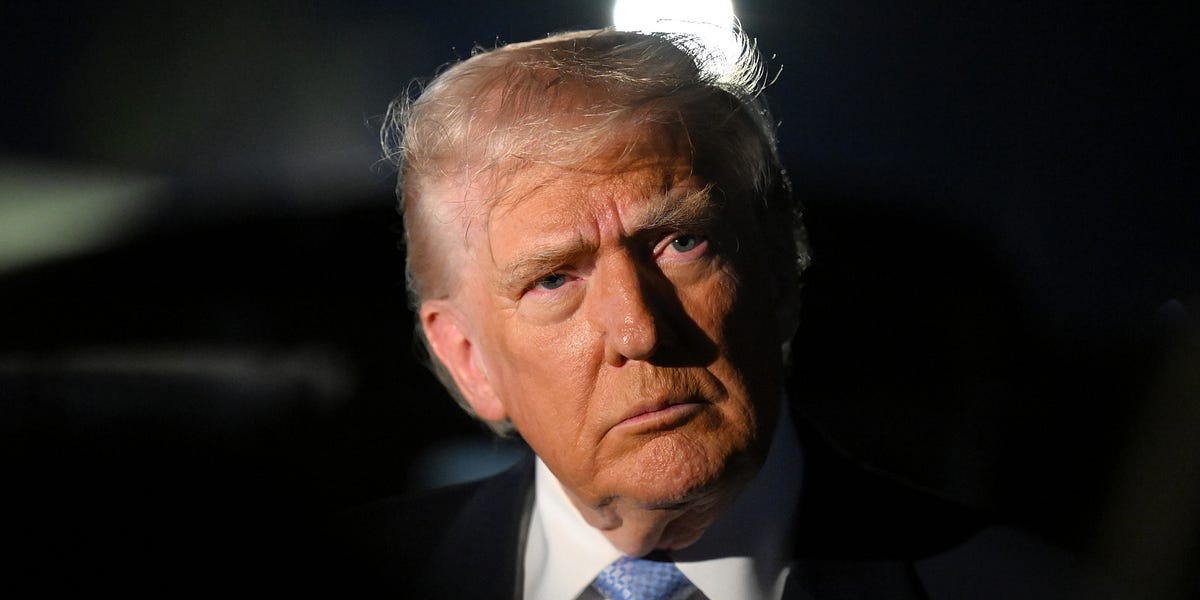White House Health Care Proposal Faces GOP Divisions Amidst Looming Premium Hikes
White House's ACA subsidy extension proposal faces Republican divisions over costs and repeal, threatening significant premium hikes in red states if not enacted.
Overview
- The White House is considering a proposal to extend Affordable Care Act (ACA) subsidies for two years, aiming to address rising health care costs for beneficiaries.
- This proposal includes capping eligibility for Obamacare subsidies at 700% of the federal poverty level and eliminating current zero-premium plans, requiring individuals to pay premiums.
- The proposal faces significant challenges due to deep divisions among Republican lawmakers, with some pushing for dramatic changes or outright repeal of the ACA due to high costs.
- Conservative Republicans in the House are particularly resistant to extending any ACA components, complicating the White House's efforts to secure bipartisan support for the plan.
- If enhanced subsidies expire, red districts and states are projected to experience disproportionately higher premium increases, creating significant financial burdens for many residents.
Report issue

Read both sides in 5 minutes each day
Analysis
Center-leaning sources frame this story by portraying Trump and congressional Republicans as consistently inept and politically challenged regarding health care policy. They emphasize a pattern of disunity, delay, and an inability to craft viable alternatives to the ACA. The narrative highlights the unpopularity and negative consequences of Republican-backed proposals, using evaluative language and expert commentary to underscore detrimental impacts on consumers.
Articles (6)
Center (4)
FAQ
The proposal suggests extending ACA subsidies for two years, capping eligibility at 700% of the federal poverty level, and requiring all enrollees to pay some premiums, which would end zero-premium plans for lower-income individuals.
Republican divisions arise because some members oppose extending ACA subsidies due to high costs and prefer repealing or dramatically changing the ACA; conservative House Republicans are particularly resistant to any extension, complicating bipartisan agreement.
If enhanced subsidies expire, states and districts with more Republican voters are projected to see disproportionately higher premium increases, leading to significant financial burdens for many residents.
President Trump appears open to extending some ACA provisions and is engaged in talks with his administration and congressional Republicans; however, he favors sending funds directly to individuals rather than insurance companies and is not fully endorsing a straightforward subsidy extension yet.
The estimated cost of the proposed two-year subsidy extension is approximately $50 billion, possibly offset by policy changes like making some cost-sharing reductions permanent, benefiting roughly 9 million people.
History
- 1d

 3 articles
3 articles


